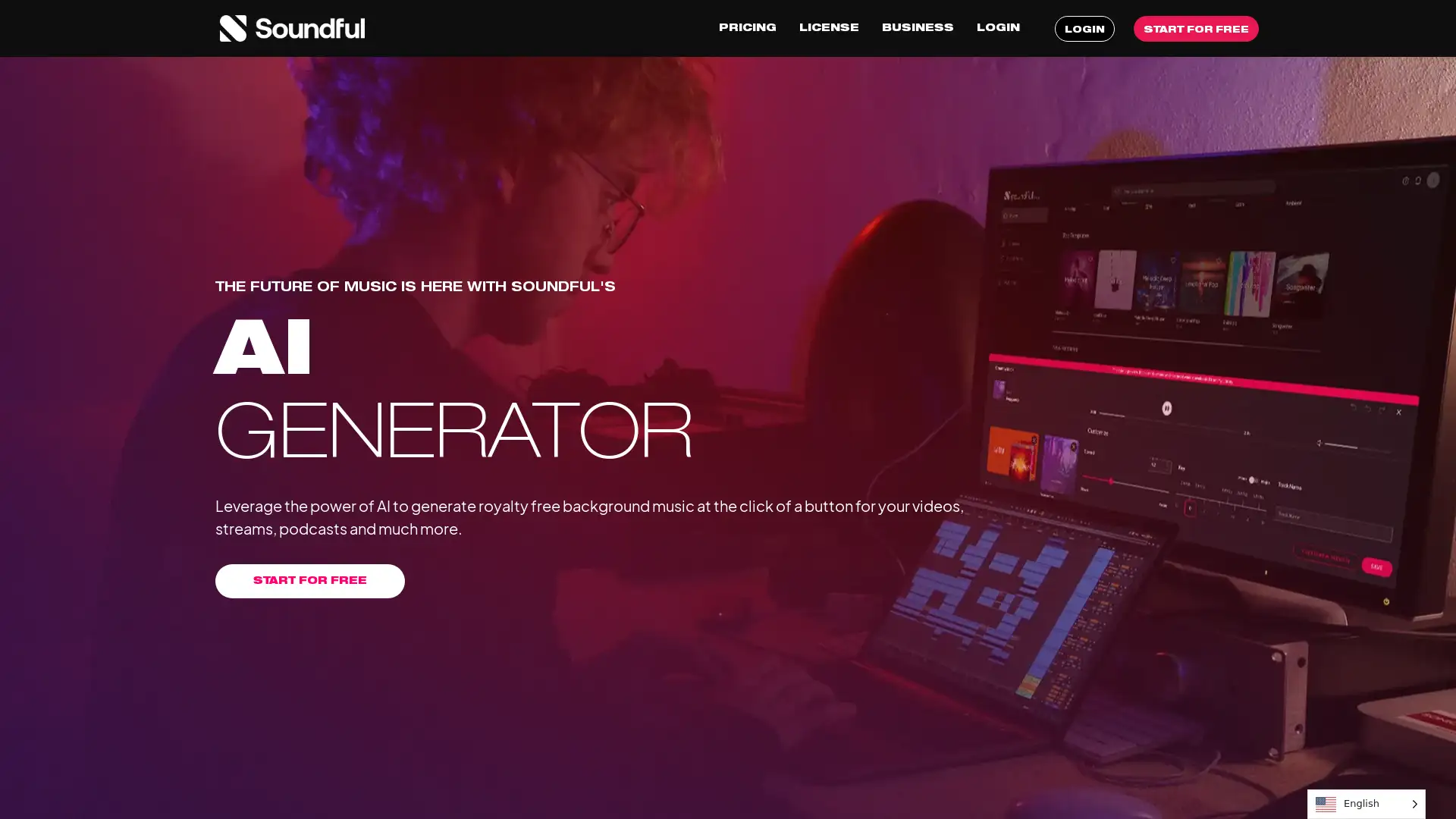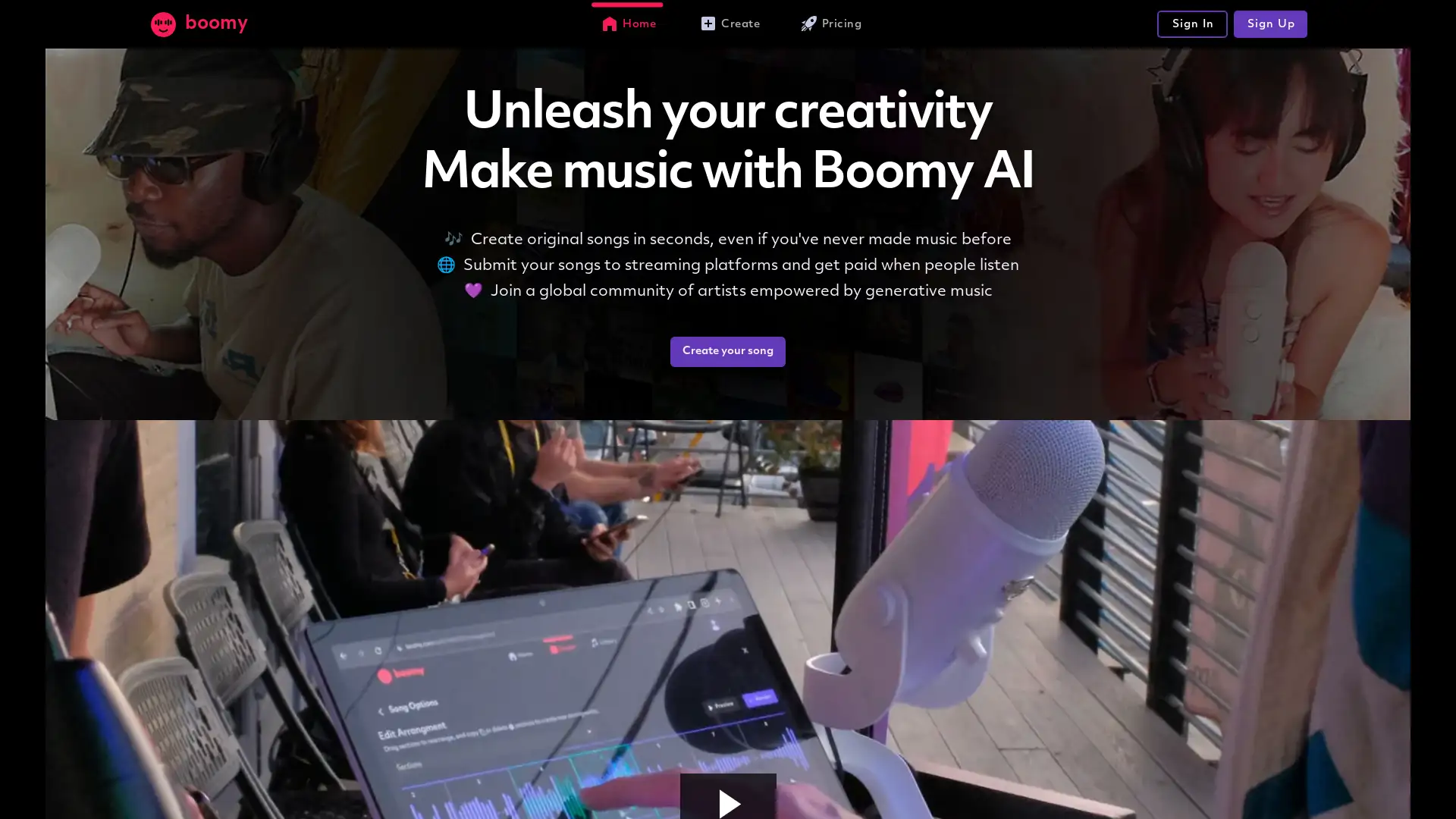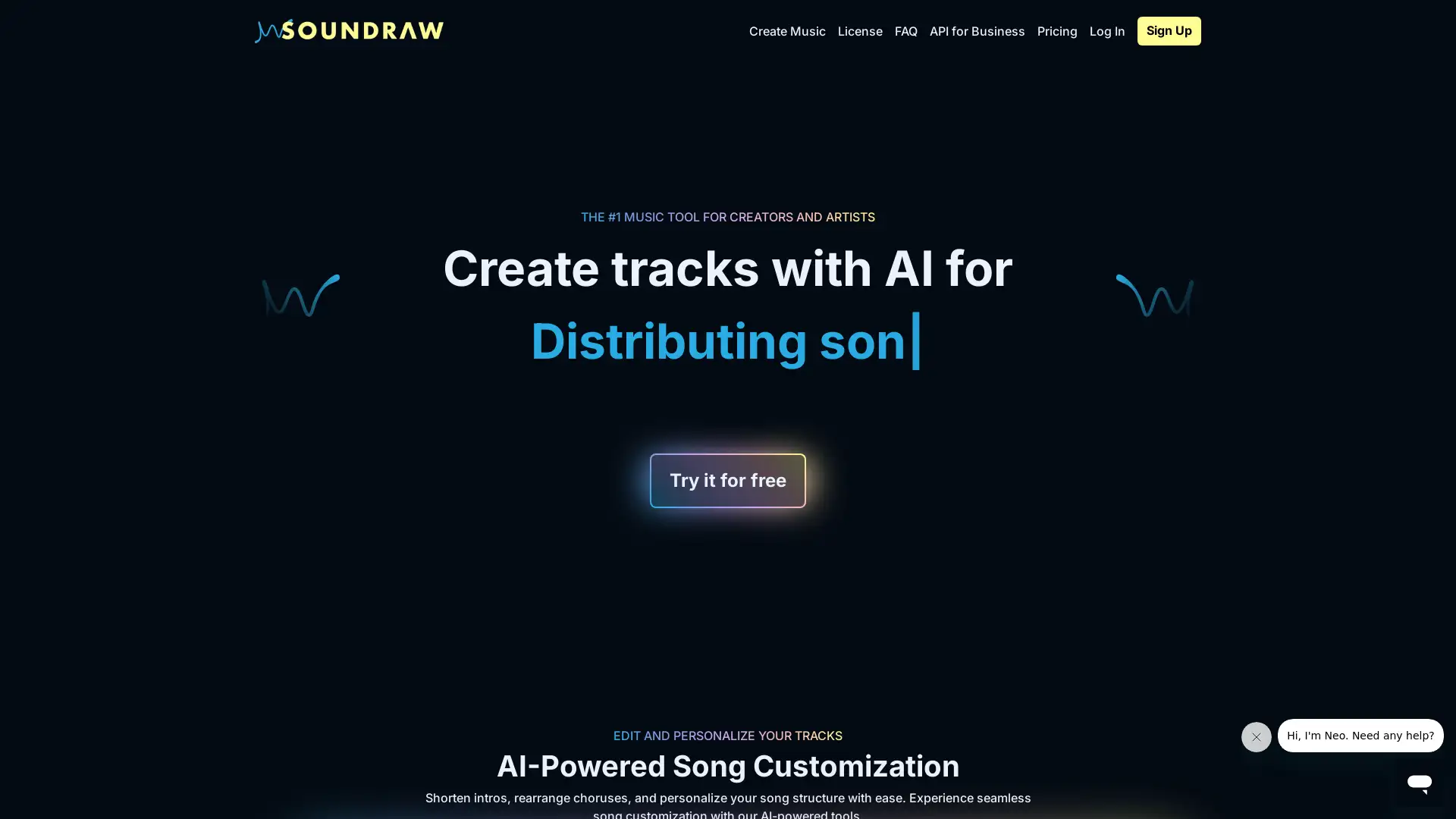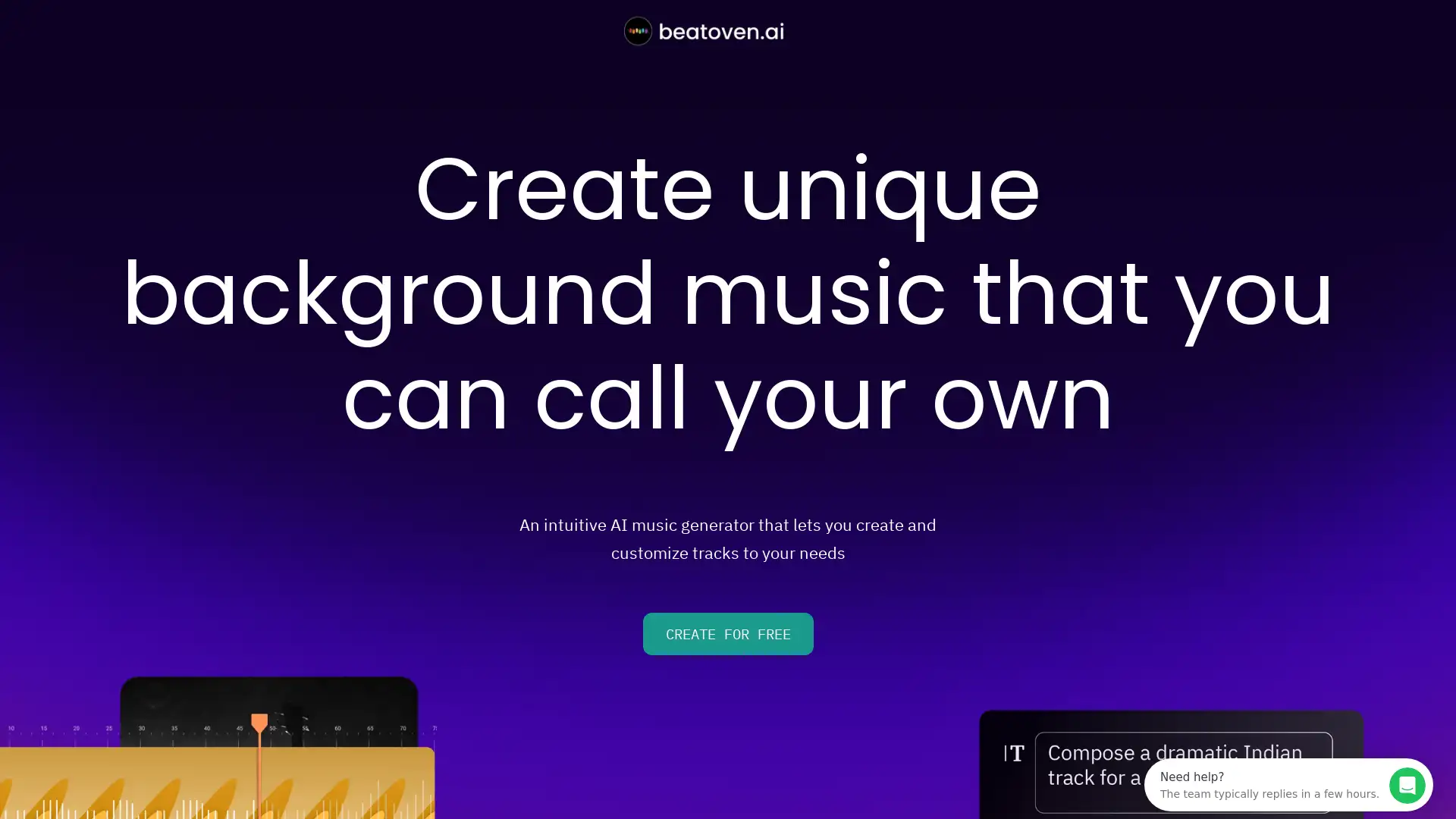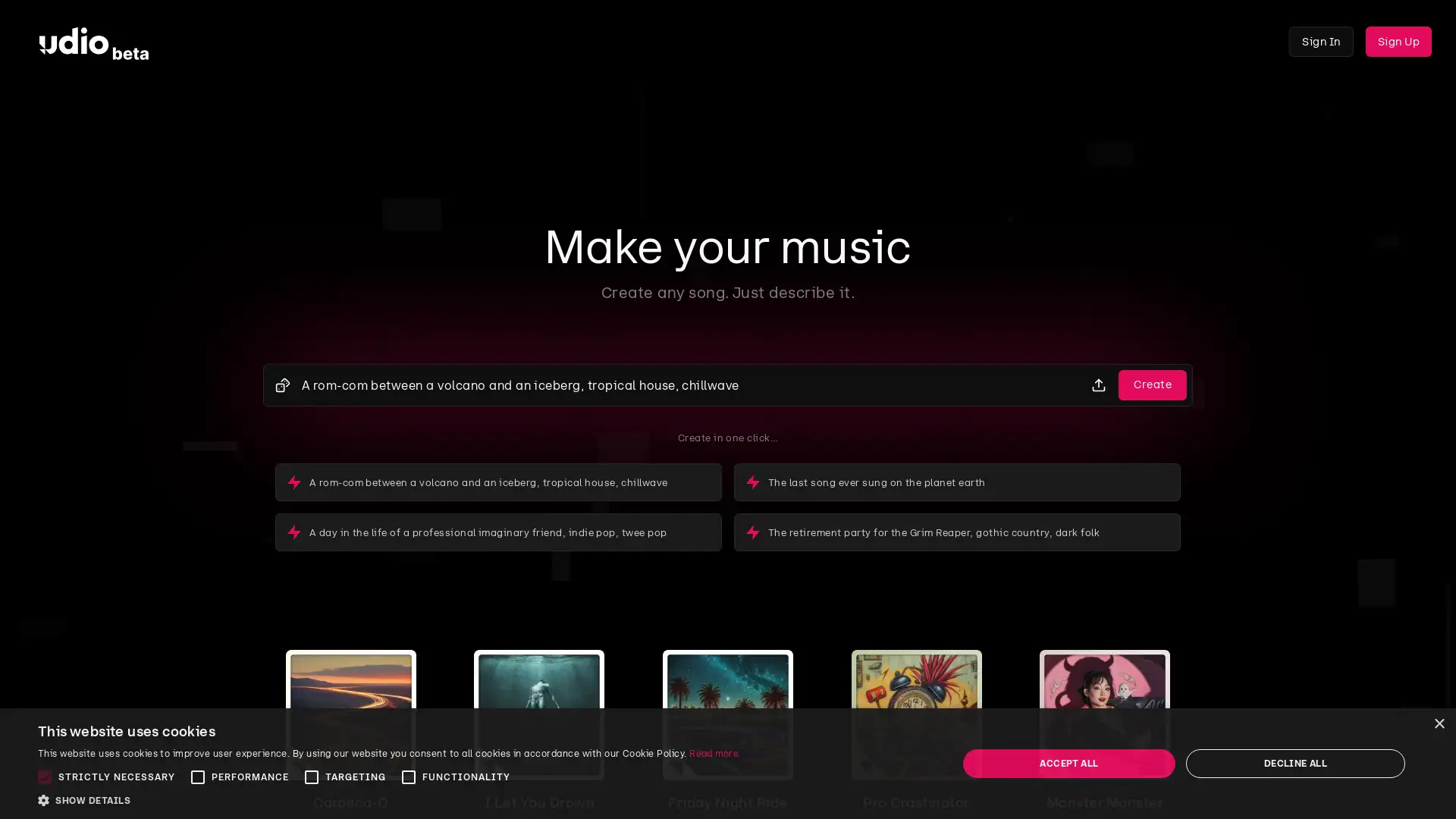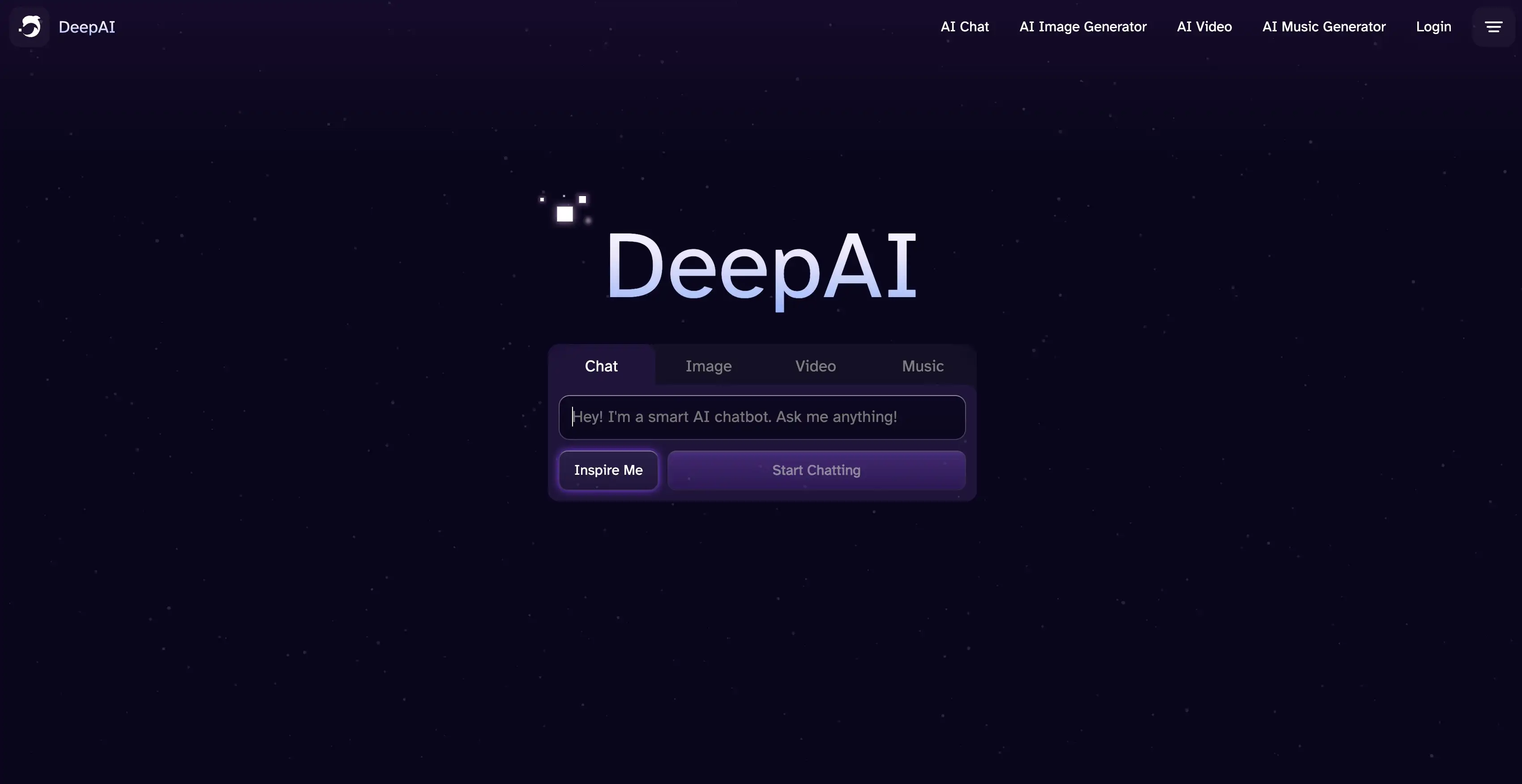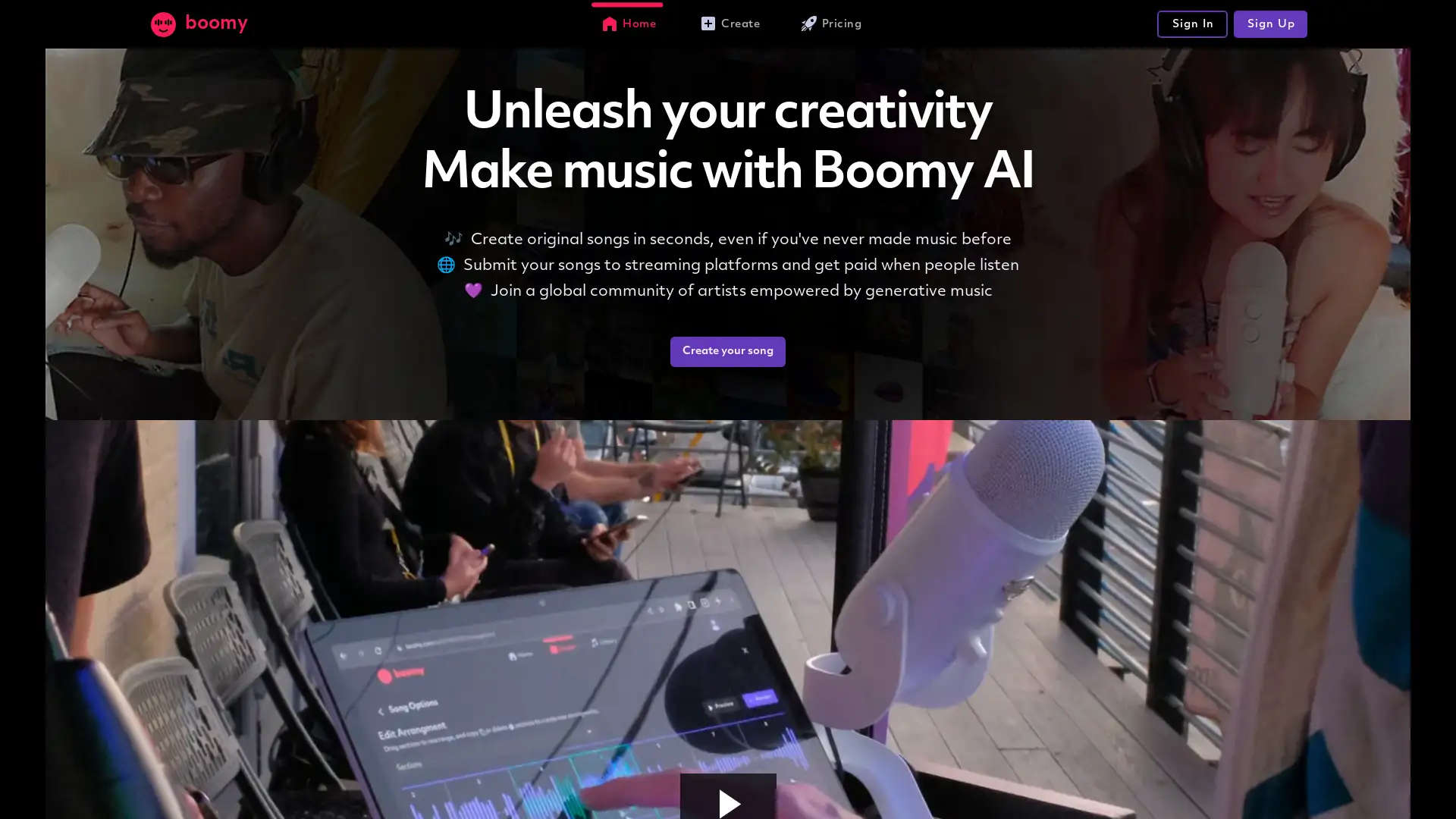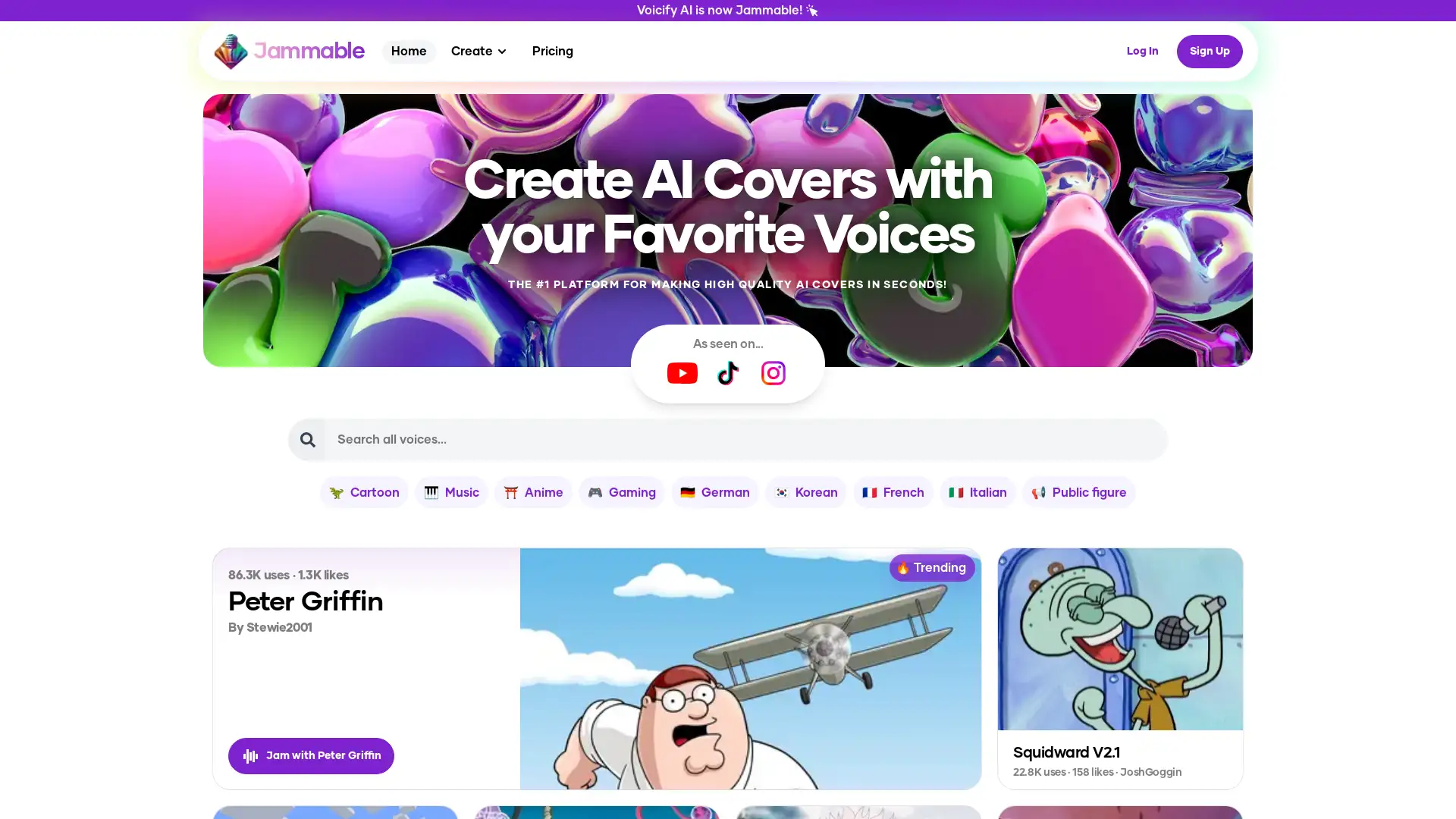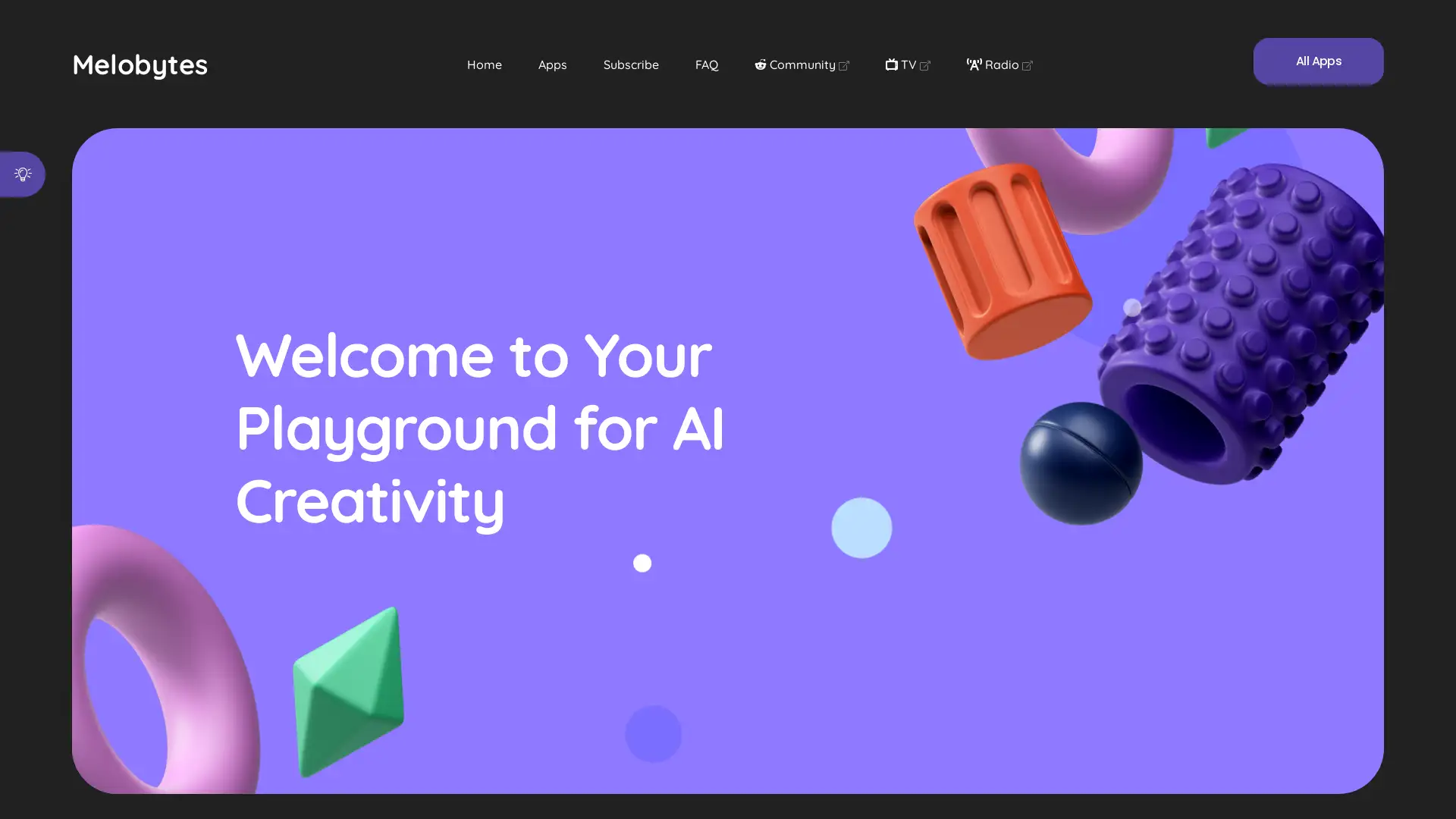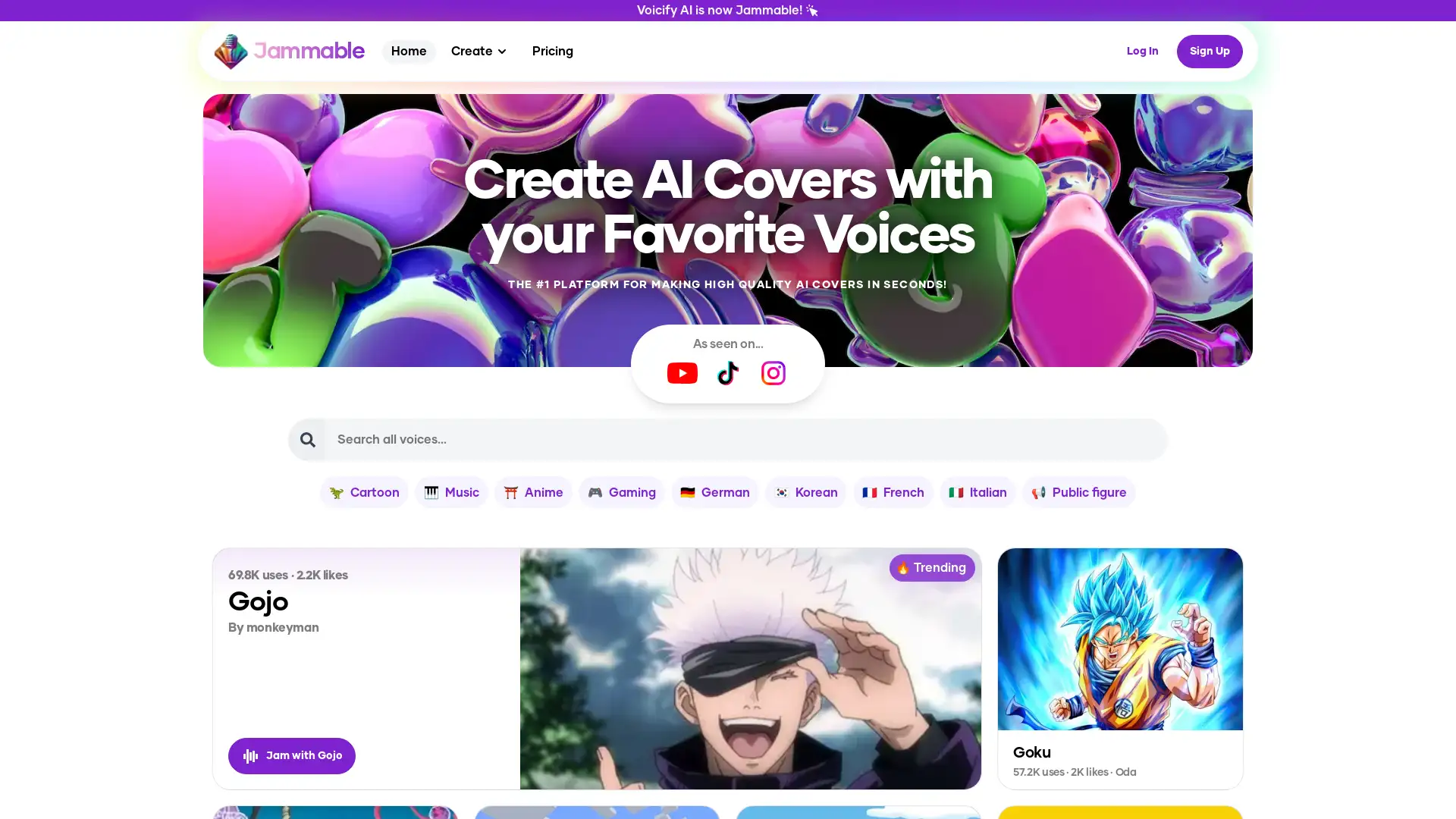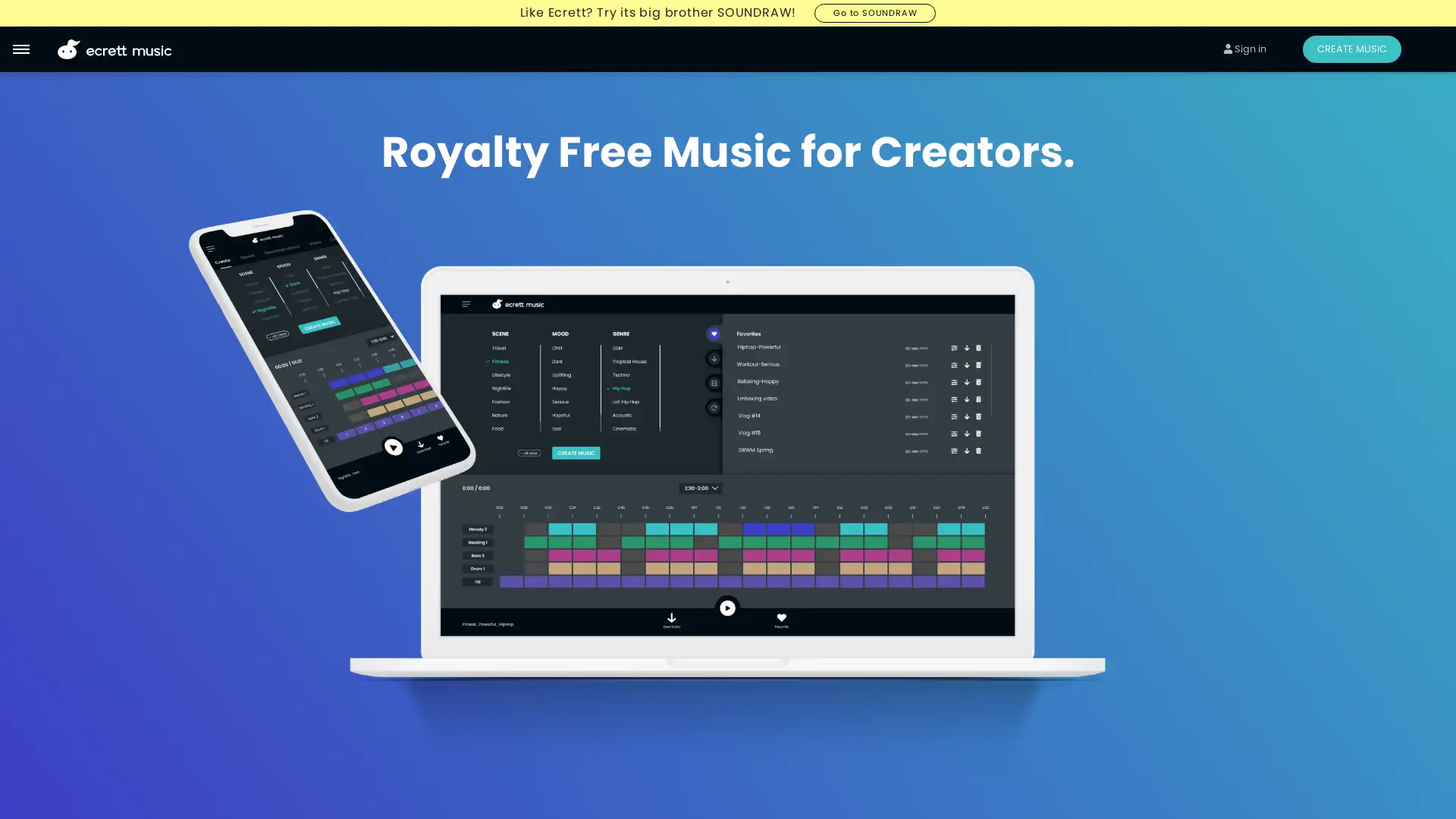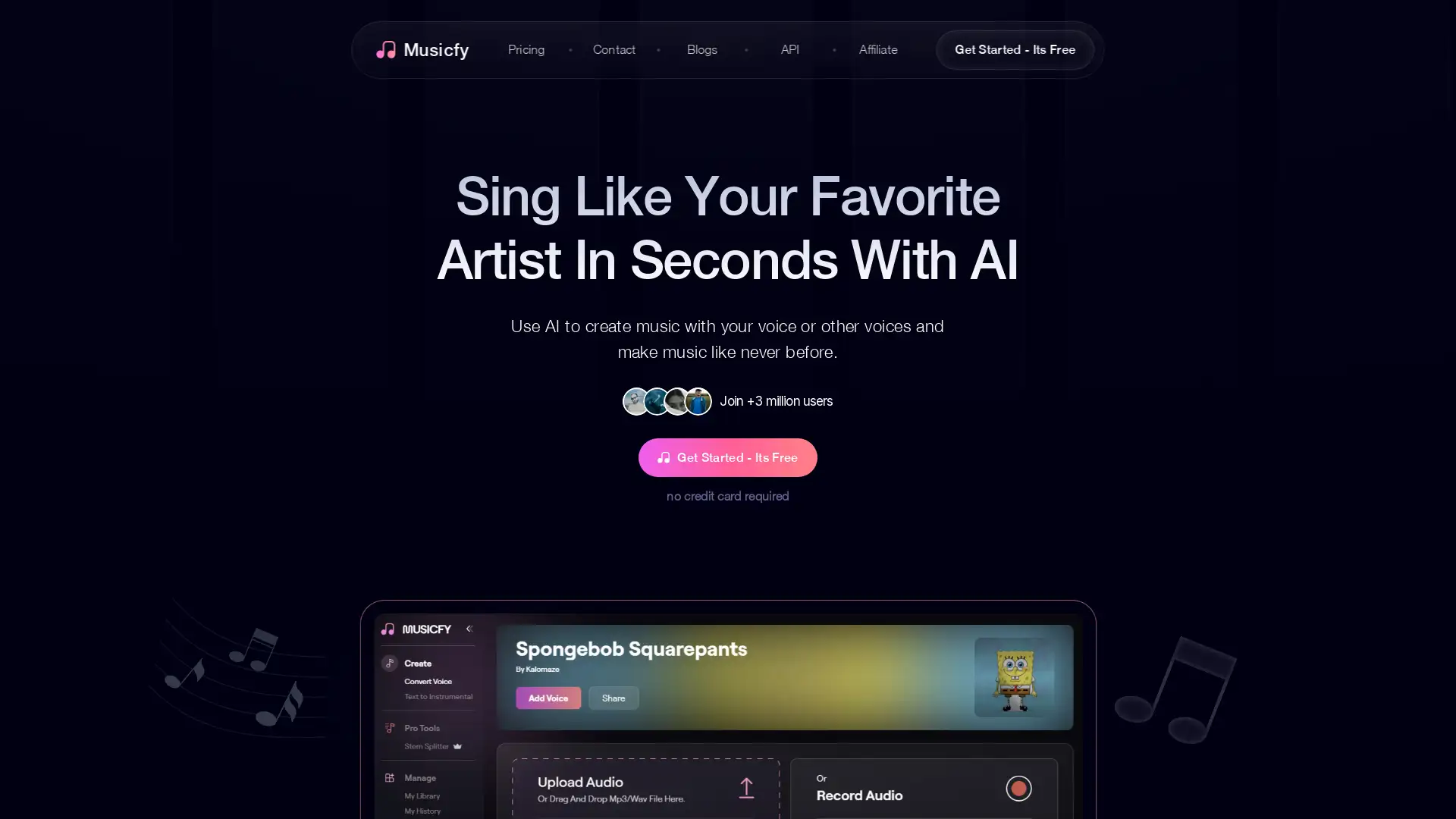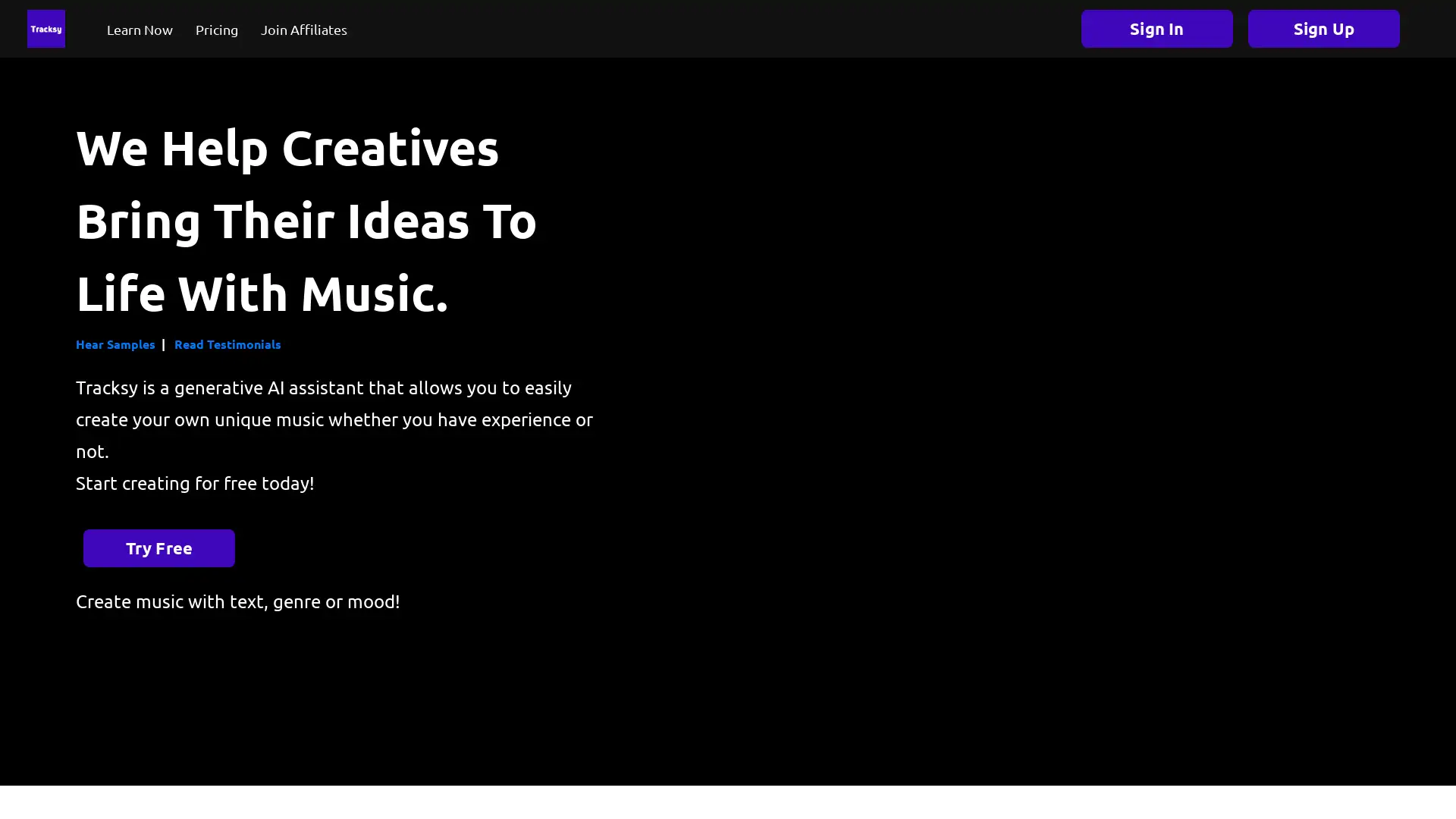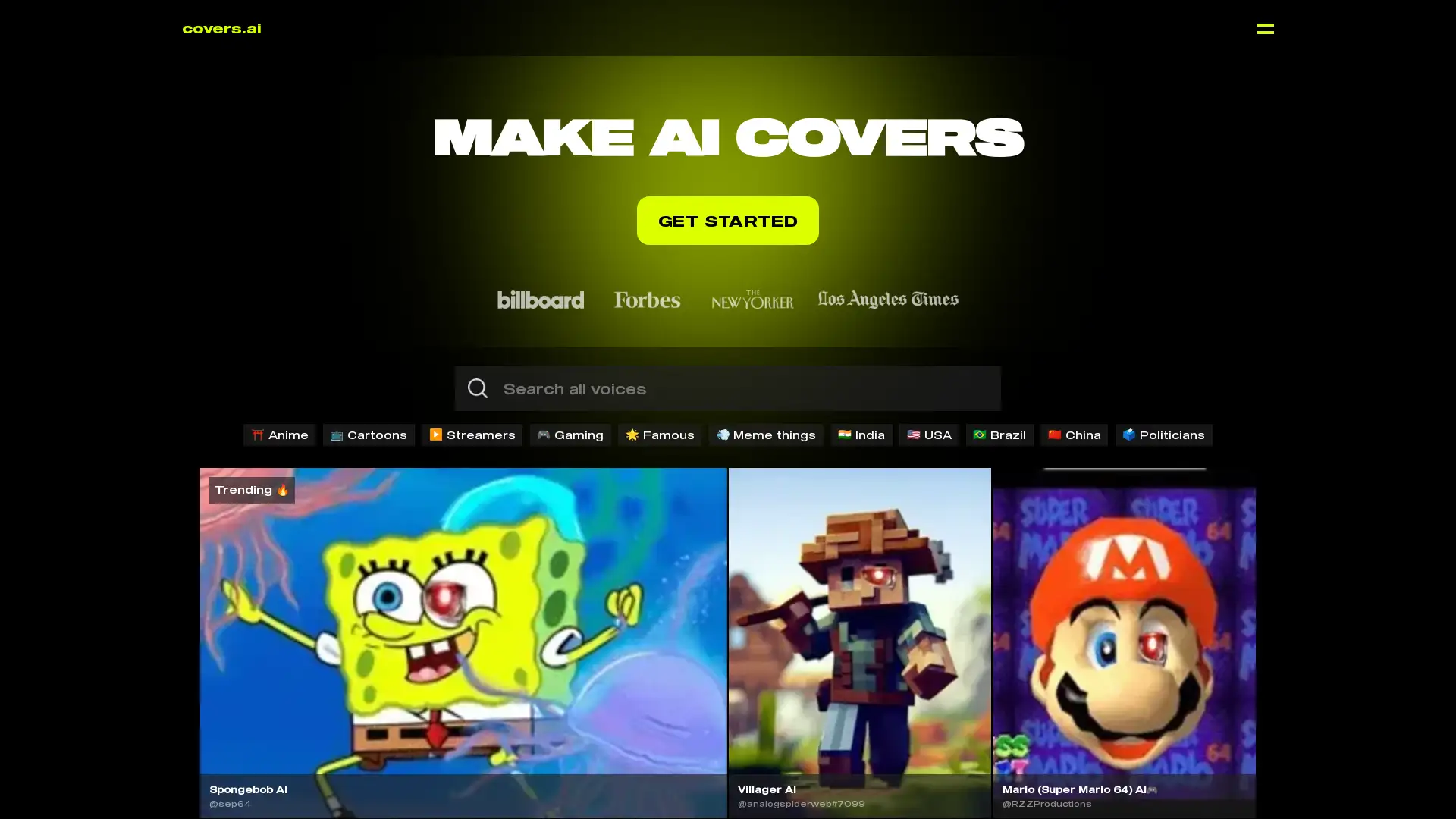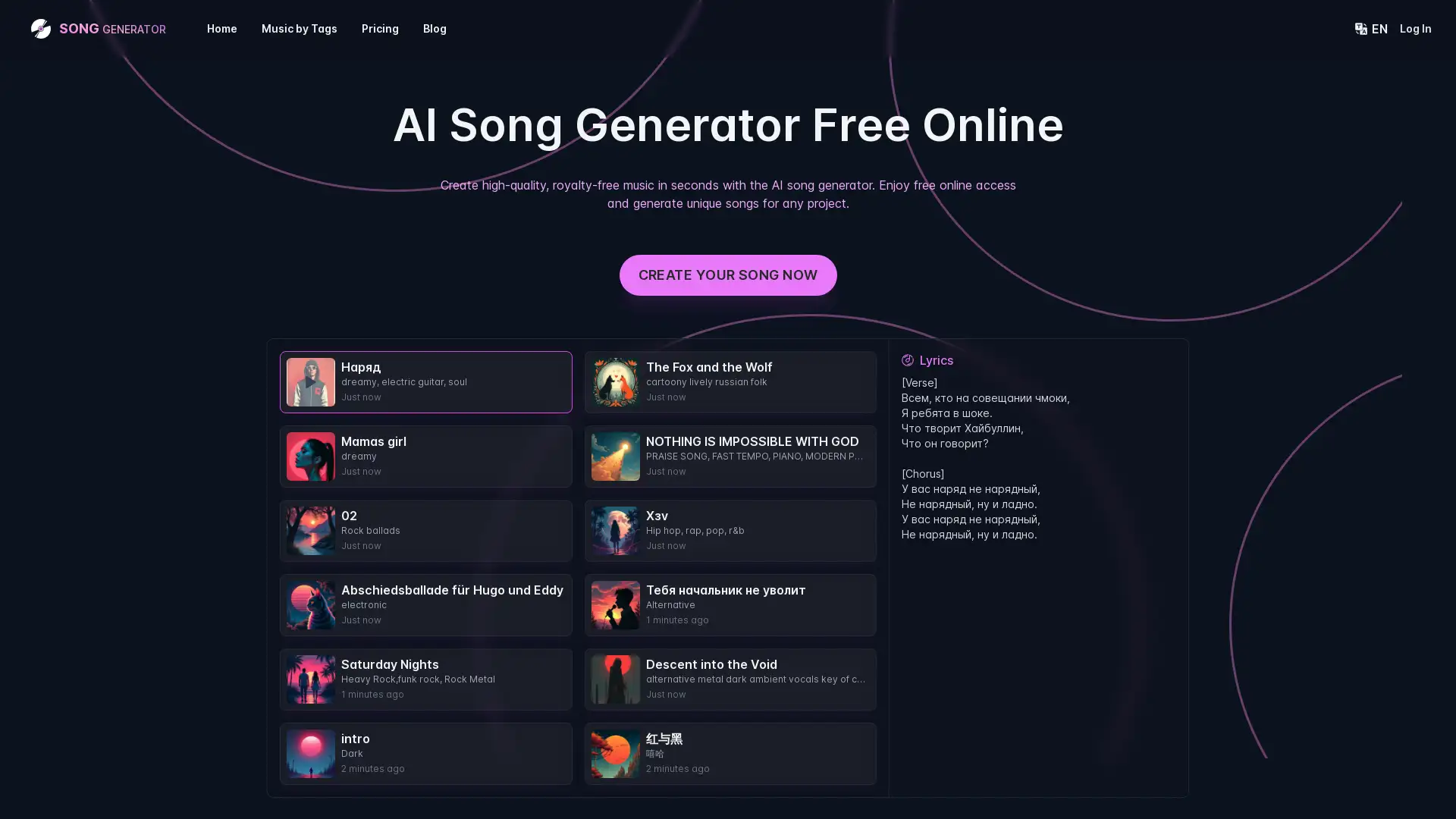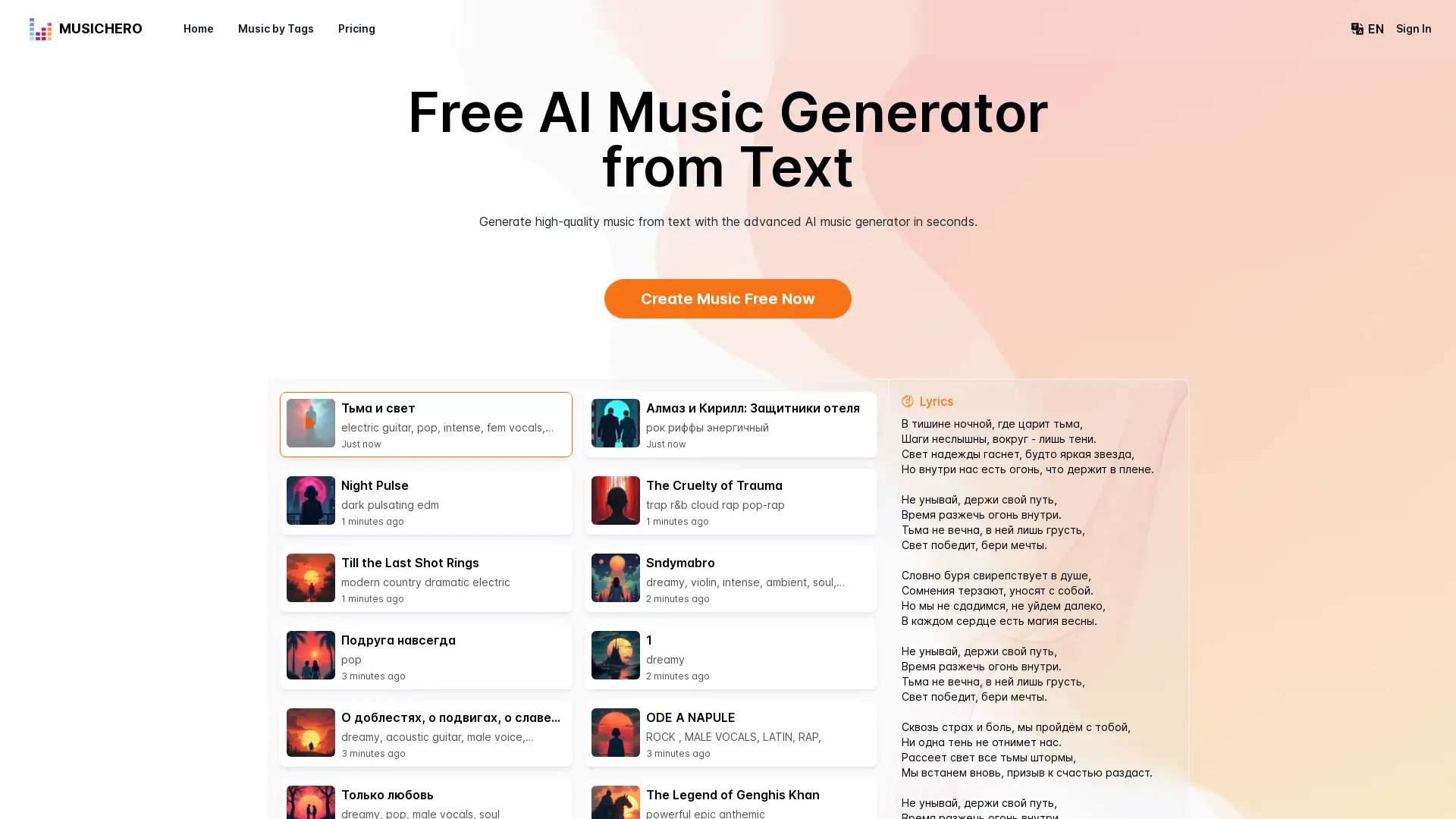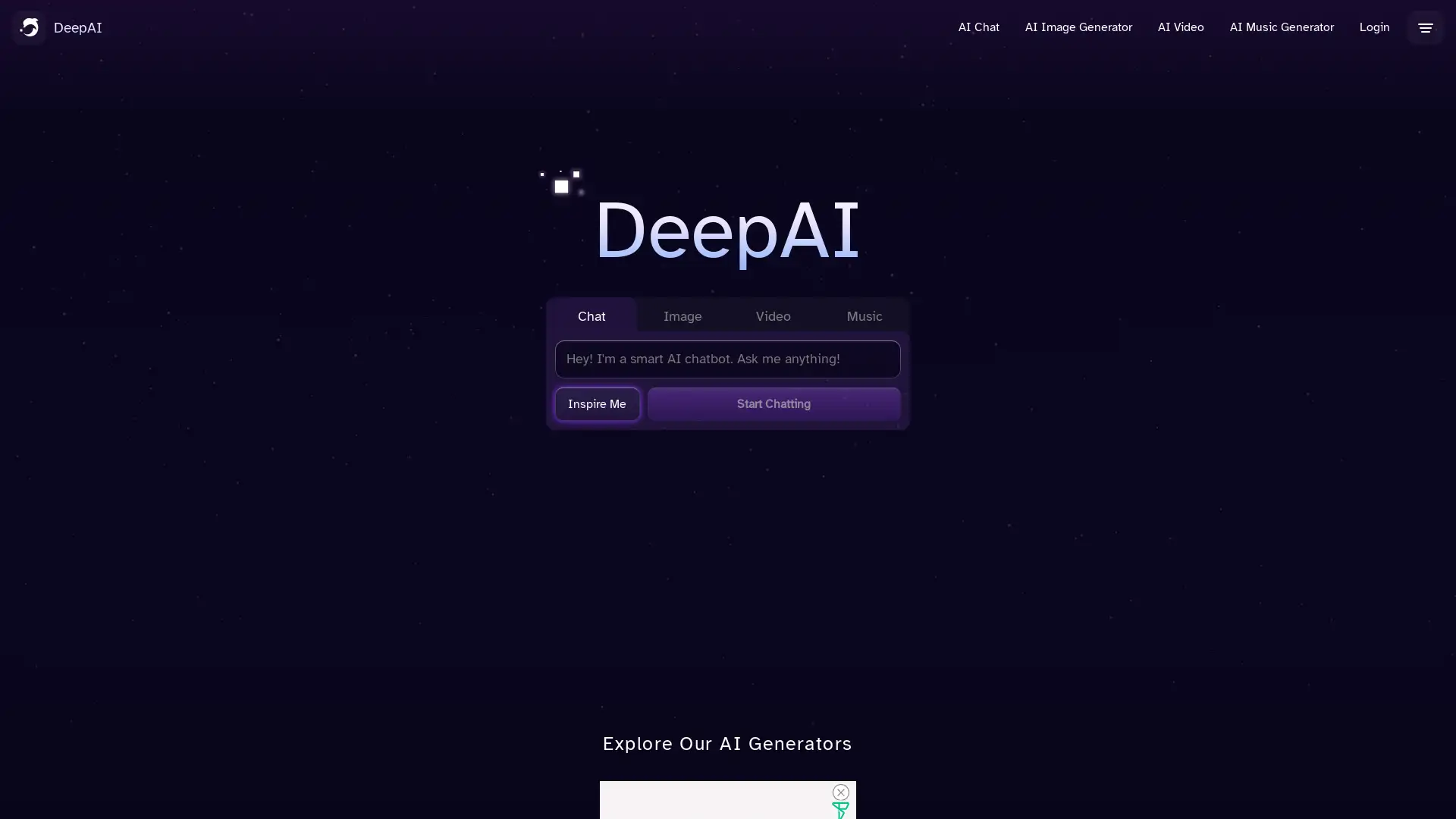Best 21 AI Tools for AI Music Creation in 2024
Soundful AI, Boomy AI, Soundraw, Beatoven AI, Udio, Deep AI, Boomy AI, Jammable, Melobytes, Jammable, Ecrett Music, Musicfy, Jukedeck, Tracksy AI, Loudly, Covers AI, AI Songgenerator , MusicHero AI, Deep AI, Loudme AI are among the best paid and free AI Music Creation tools available.
Understanding AI Music Creation Tools
AI Music Creation tools are specialized software applications that utilize artificial intelligence to generate, enhance, or transform music. These tools can automatically compose melodies, generate beats, or customize voices for covers, making them an invaluable resource for musicians, content creators, and producers. By analyzing patterns in sound and music, AI models offer solutions tailored to specific needs, from creating royalty-free music to personalizing vocal performances.
Key Features of AI Music Creation Tools
AI Music Creation tools offer adaptability and a range of functions from basic music generation to advanced composition techniques. Unique features include AI-powered voice customization, seamless royalty-free music generation, and the ability to mimic human-like performances. These tools also allow integration with DAWs, support for multiple musical styles, and customization options for users with or without coding knowledge. Their intuitive interfaces and machine-learning algorithms ensure precise and efficient production.
Who Can Benefit from AI Music Creation Tools?
AI Music Creation tools cater to a diverse audience including music producers, composers, content creators, and even non-musicians. Novices without any programming knowledge can generate music effortlessly, while experienced users can explore advanced customization features. These tools are perfect for content creators seeking royalty-free music for videos or for professionals looking to enhance or experiment with their musical projects.
Additional Insights into AI Music Creation Tools
AI Music Creation tools function as flexible, scalable solutions across industries. Their integration capabilities with existing workflows, such as digital audio workstations (DAWs) or video editing software, make them adaptable for various sectors, including content creation, marketing, and entertainment. With continuous improvements in machine learning, these tools are becoming increasingly user-friendly, allowing for intuitive creation processes without sacrificing quality or complexity.
